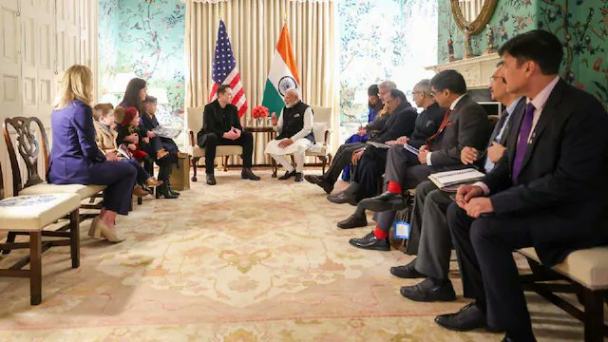Elon Musk’s social media platform X, formerly Twitter, has filed a new lawsuit against India’s IT ministry for unlawfully expanding censorship powers to remove online content more easily. The lawsuit alleges that the Indian government has empowered officials to execute such orders.
The new court filing dated March 5 states that the Indian IT Ministry has directed other departments to use a government website launched by the Ministry of Home Affairs in 2024 to issue content-blocking orders and mandate social media companies to join the website too. X highlighted that this does not contain the stringent Indian legal safeguards on content removal that require such orders to be issued in cases like harm to sovereignty or public order.
It added that the government website creates an impermissible parallel mechanism that causes unrestrained censorship of information in India.
Also Read: Heightened Health Risks For Sunita Williams and Butch Wilmore, NASA Astronauts Now Earthbound
X Challenges India’s Unlawful Content Regulation

The lawsuit also raises concerns over the Indian government’s interpretation of the Information Technology (IT) Act, particularly the use of Section 79(3)(b). X says this violates Supreme Court rulings and undermines free expression online. The Center is using this section to create a parallel content-blocking mechanism, bypassing the structured legal process outlined in Section 69A.
According to Section 69A of the IT Act, the government can order content removal for national security, public order, or sovereignty concerns. It gives companies a clear legal basis to act. However, social media companies argue that Section 79(3)(b) is vague. It forces platforms to decide what content is illegal and exposes them to lawsuits.
Moreover, companies use Section 69A as a defense, arguing that they should only be liable if the government explicitly orders content removal – shifting responsibility to the Center to protect platforms from legal risks and accusations of bias while ensuring compliance with official directives.